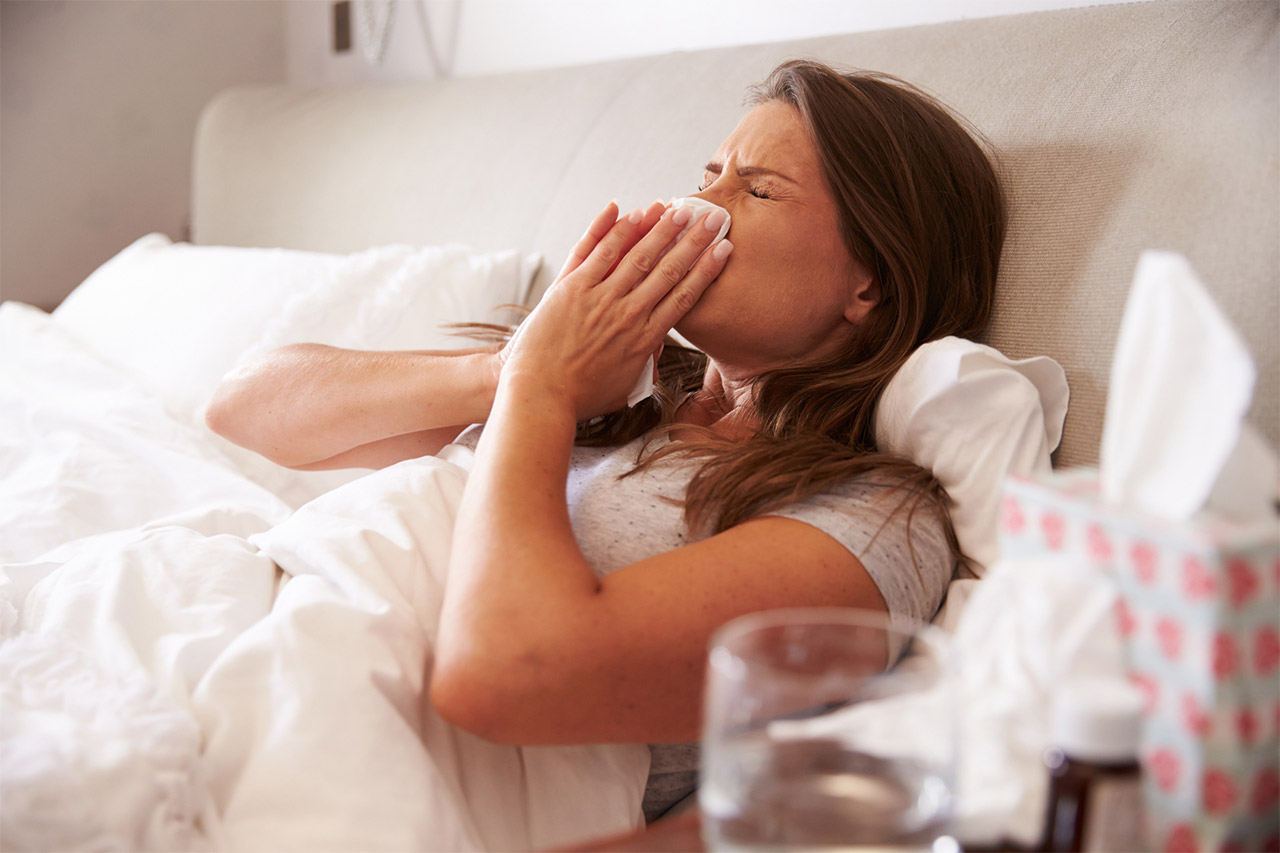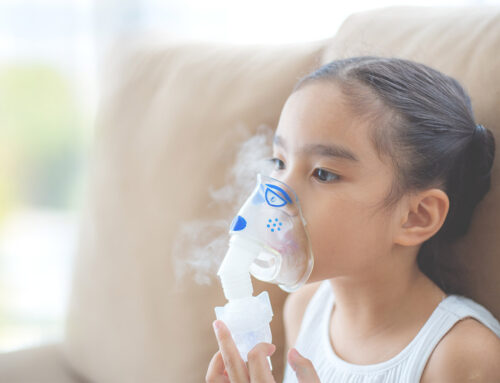As a myofunctional therapist, I see the connection between mouth breathing and allergies in my practice on a daily basis. A surprising number of my patients who breathe through their mouth also display the signs and symptoms of allergies.
The link between mouth breathing and allergies is very clear. The good news is that myofunctional therapy can actually help to address and even reduce the severity of certain allergies, and even how colds affect you.
The secret is nasal breathing, night and day!
Why Do Allergies Matter?
My practice is based on mastering my Four Goals of Myofunctional Therapy, which are:
Correct tongue posture
Proper lip seal
Optimal swallowing pattern
And the all-important nasal breathing, which really has to happen all day and all night.
Stopping a mouth breathing habit and reverting to a natural nasal breathing pattern is going to be difficult, or even impossible if the nasal passages are congested. After all, you can’t breathe through the nose if you literally can’t breathe through the nose!
If there’s one thing that certain allergies do very well, it’s causing an abundant amount of congestion and blocking the nasal passages. What’s worse is that allergies can last for a long time – they’re called seasonal allergies for a reason.
It only takes a small amount of difficulty breathing through the nose to force people into mouth breathing. And it doesn’t take long for that to become an entrenched habit, even when the symptoms of the allergy have dissipated.
This is especially true in children. Kids will begin to mouth breathe at the slightest provocation, particularly if they have a compromised facial structure in the first place (limited forward facial growth, a narrow dental arch, and a narrow airway).
So many of the adult patients in my practice can follow their mouth breathing symptoms all the way back to their childhood. This is usually where the problem starts. In a growing child, a mouth breathing habit can be seriously problematic if it persists for long enough. This is because it can affect craniofacial development. This will change the shape of their face and jaws, and they’ll deal with the ramifications of this for the rest of their life.
Mouth Breathing Can Make Allergies Worse
The human nose is an amazing thing. In addition to dozens of critical functions, it evolved to be a highly effective filtration system, filtering, warming, and humidifying the air we breathe. Think of the nose as nature’s air conditioner.
When we nasal breathe, many of the particles and pollutants are filtered by a number of beautifully integrated structures and systems before they have the chance to reach the airway. Bacteria and viruses are also removed, meaning we’re less exposed to them, which makes life much easier for the immune system.
Conversely, when we mouth breathe, we bypass this incredibly effective system. Our airway is now basically an open pipe to the outside world. This means we’re far more vulnerable to airborne particles and contaminants including allergens. Allergies can also cause inflammation and swelling of the nasal passages, which can further compromise nasal breathing.

Nasal breathing is also tied into the production and supply of nasal nitric oxide. This is a vital cellular signaling molecule that’s connected to a number of important bodily processes, including the reduction of inflammation.
Allergies can cause an open mouth; an open mouth in turn makes us more likely to get allergies. We’re dealing with a feedback loop that doesn’t really have an end unless something changes. You have to break the cycle. This is what I do with all of my patients who suffer from allergies.
Nasal Breathing Is So Important
If someone is prone to allergies, the best thing they can do is to breathe through the nose. But again, that’s not always going to be easy. The combination of mouth breathing and allergies can be a tough one to beat.
I go into a lot of detail about clearing the nose in this article including a video of a technique that’s proven to be very helpful. There are a number of approaches that will help to deal with nasal congestion whether it’s caused by allergies or a cold or the flu.
I’m a huge fan of the Buteyko Breathing Method. I incorporate it into my practice to help my patients (and myself) deal with nasal congestion. And of course, my myofunctional therapy programs have a component specifically created to address allergies.
The most important part of fighting off congestion is a real determination to maintain nasal breathing. I know this might sound a bit strange, but it works! I’ve found that as long as I do everything I can to keep breathing through my nose when I’m congested, then whatever is causing the congestion doesn’t last as long, and the congestion never gets too bad.
The goal is to break the mouth breathing cycle. If you do, you’ll get sick less often, and allergies will affect you less. So, keep focused on nasal breathing. You may be amazed at how much of a difference it can make!
In this video from my YouTube channel, I’ll explain more about mouth breathing and allergies:




